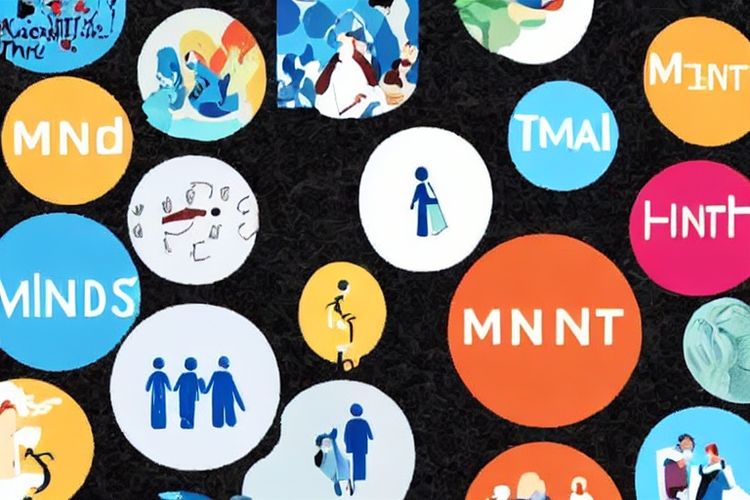Building a Healthier Future: Promoting Mental Health Awareness in Communities

Building a Healthier Future: Promoting Mental Health Awareness in Communities
Mental health is a fundamental component of overall well-being, yet it is often overlooked and stigmatized in many communities around the world. The prevalence of mental health disorders is on the rise, and the COVID-19 pandemic has exacerbated this issue. In order to build a healthier future, it is crucial to promote mental health awareness in communities and foster a supportive environment for those struggling with mental health concerns.
One of the first steps in promoting mental health awareness is education. Many individuals lack basic knowledge about mental health disorders, their causes, and available treatments. Community-based workshops and awareness campaigns can play a vital role in spreading information and debunking common misconceptions about mental health. Schools, community centers, and workplaces can serve as platforms for disseminating this knowledge, ensuring that individuals have access to accurate information about mental health.
Moreover, destigmatizing mental health is essential in creating an open and accepting environment for those seeking help. It is unfortunate that individuals facing mental health challenges often feel isolated due to the shame and discrimination associated with mental illness. Changing societal attitudes towards mental health requires collective effort. Celebrities, public figures, and influential community members can contribute to reducing stigma by openly discussing their own mental health struggles. Their stories can inspire others to seek help, knowing that mental health issues are common and treatable.
Collaboration among different stakeholders is pivotal in promoting mental health awareness. Local government bodies, non-profit organizations, healthcare providers, and educational institutions need to work together to develop comprehensive programs that address the various dimensions of mental health. Combining resources, expertise, and perspectives can result in the creation of effective awareness campaigns, early intervention strategies, and accessible mental health support services.
In addition to educational initiatives, it is essential to train individuals on how to recognize signs of mental health issues and provide appropriate support. Mental health first aid courses can equip community members with the skills to identify warning signs and offer initial assistance to someone experiencing a mental health crisis. Just as CPR training is essential for addressing physical emergencies, mental health first aid should become a common practice in communities worldwide.
Building a healthier future also involves prioritizing mental health support systems. Communities need to ensure that people have easy access to mental health resources, including counseling services, helplines, and support groups. Collaborative efforts between mental health professionals and community leaders can lead to the establishment of such resources in local neighborhoods. Moreover, creating safe spaces where individuals can openly discuss their mental health challenges, share experiences, and seek support can play a crucial role in destigmatizing mental health concerns.
Lastly, technology can prove to be a powerful tool in promoting mental health awareness and support. Developing smartphone applications, online platforms, and chatbots dedicated to mental health can make resources more accessible to a wider audience. These platforms can provide reliable information, remote counseling services, and even personalized self-help tools, enabling individuals to take control of their mental well-being even in the comfort of their own homes.
Building a healthier future requires concerted efforts from all members of society. By prioritizing mental health awareness, we not only improve the well-being of individuals but also create stronger and more resilient communities. Let us step into a future where mental health is no longer stigmatized, and everyone has access to the support and resources they need to lead fulfilling lives.



